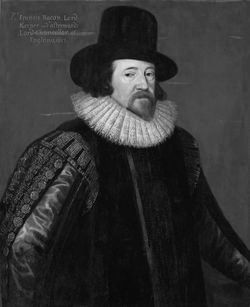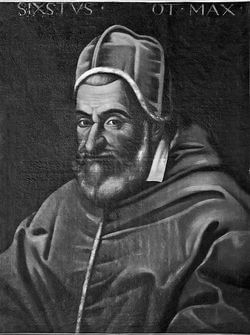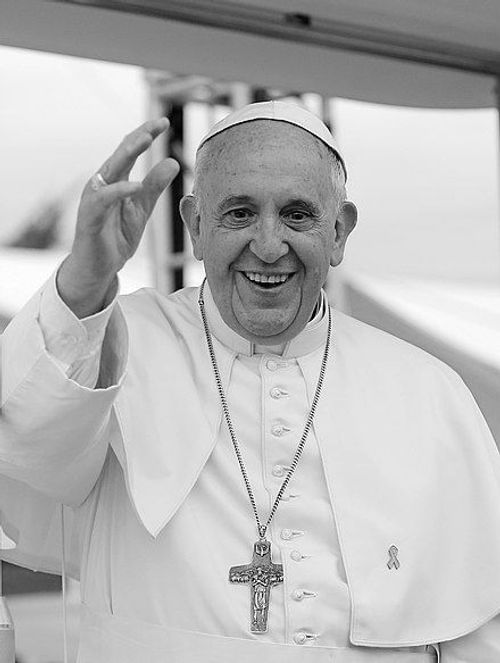
Photo Attribution: Korea.net / Korean Culture and Information Service (Photographer name), CC BY-SA 2.0 https://creativecommons.org/licenses/by-sa/2.0, via Wikimedia Commons
Pope Francis
This example has been viewed 926x times
Summary
Rodden Rating
Analysis for Pope Francis
Biography
Jorge Mario Bergoglio was born on December 17, 1936, in the Flores neighborhood of Buenos Aires, Argentina. He was the eldest of five children in a family of Italian immigrants. His father, Mario José Bergoglio, worked as a railway accountant, and his mother, Regina María Sívori, was a homemaker. Growing up in a devout Catholic household, Bergoglio developed a strong faith foundation early in life.
Early Life and Education
After completing his secondary education, Bergoglio earned a chemical technician's diploma. However, at the age of 21, he felt a calling to the priesthood and entered the Society of Jesus (Jesuits) in 1958. He underwent rigorous religious and academic training, studying humanities in Chile and theology in Argentina. Bergoglio was ordained a priest on December 13, 1969.
Rise Through the Ecclesiastical Ranks
Following his ordination, Bergoglio quickly ascended within the Jesuit order. He served as the Jesuit provincial superior in Argentina from 1973 to 1979, a period marked by political turmoil and human rights abuses under the military dictatorship. Bergoglio's leadership during this time was both praised and scrutinized, with debates about his role in protecting or failing to protect fellow clergy and laypeople.
In 1992, Pope John Paul II appointed Bergoglio as Auxiliary Bishop of Buenos Aires. He became the Archbishop of Buenos Aires in 1998 and was elevated to Cardinal in 2001. As Archbishop, Bergoglio was known for his humility, opting to live in a modest apartment rather than the archbishop's palace and using public transportation instead of a chauffeured car. He was deeply involved in social justice issues, advocating for the poor and marginalized.
Election and Historic Firsts
On March 13, 2013, following the unexpected resignation of Pope Benedict XVI, the College of Cardinals elected Jorge Mario Bergoglio as the 266th Pope of the Roman Catholic Church. He chose the papal name Francis in honor of Saint Francis of Assisi, reflecting his commitment to humility and care for the poor.
Pope Francis's election was historic for several reasons:
- He was the first Jesuit to become Pope.
- He was the first Pope from the Americas and the Southern Hemisphere.
- He was the first non-European Pope in over 1,200 years.
Emphasis on Humility and Simplicity
Pope Francis quickly became known for his humble demeanor and rejection of papal luxuries. He chose to reside in the Domus Sanctae Marthae, a Vatican guesthouse, instead of the traditional Apostolic Palace. He also eschewed elaborate papal garments and preferred simple liturgical vestments.
Social Justice and Outreach
A central theme of Francis's papacy was a focus on social justice. He consistently advocated for the poor, refugees, and marginalized communities. In his apostolic exhortation Evangelii Gaudium (2013), he called for a "Church which is poor and for the poor." He also emphasized the importance of mercy and compassion in pastoral care.
Environmental Advocacy
In 2015, Pope Francis released the encyclical Laudato Si', addressing the urgent need for environmental stewardship and action against climate change. He framed environmental issues as moral and spiritual concerns, urging global cooperation to protect "our common home."
Church Reforms
Pope Francis undertook significant reforms within the Vatican, aiming to increase transparency and accountability. He established the Secretariat for the Economy to oversee financial activities and appointed lay experts to key positions. He also worked to address the clerical sexual abuse crisis, implementing measures to hold bishops accountable and support survivors.
Interfaith Dialogue
Committed to fostering interreligious understanding, Pope Francis engaged in dialogue with leaders of various faiths. Notably, he met with the Grand Imam of Al-Azhar, Ahmed el-Tayeb, and co-signed the Document on Human Fraternity in 2019, promoting peace and coexistence.
Legacy and Impact
Pope Francis's papacy was marked by efforts to make the Catholic Church more inclusive, compassionate, and responsive to contemporary challenges. His emphasis on humility, social justice, and environmental responsibility resonated with many, both within and outside the Church. However, his progressive stances also faced criticism from traditionalist factions.
Despite health challenges in his later years, including hospitalization for pneumonia, Pope Francis continued to fulfill his duties until his death on April 21, 2025, at the age of 88. He was remembered as a transformative figure who sought to align the Church more closely with the teachings of Jesus and the needs of the modern world.
References
Raw Data
Horoscope Data
Comments
Natal Data
1936-12-17 21:00:00 LMT
34° 36′ 13.3″ S 58° 22′ 53.6″ W
Buenos Aires, Argentina
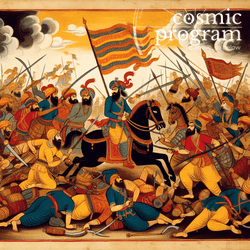

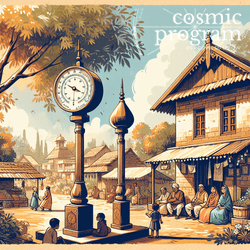


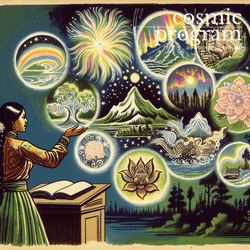


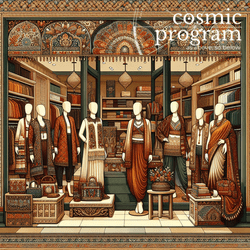

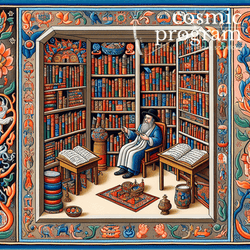


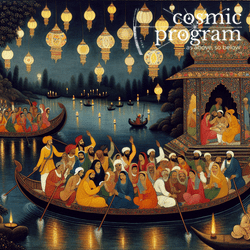

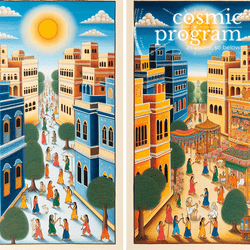


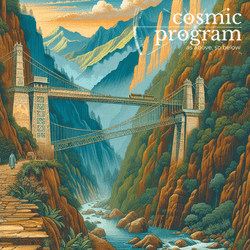


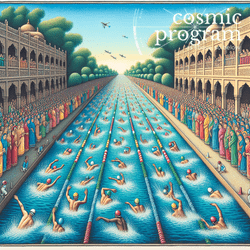


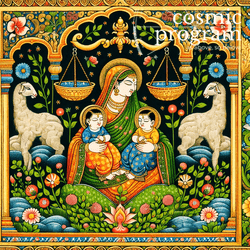


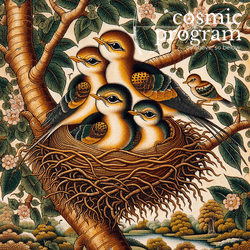


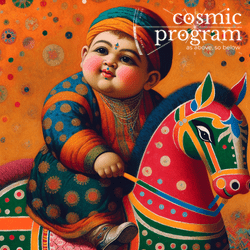

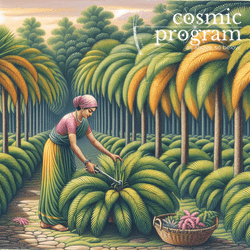

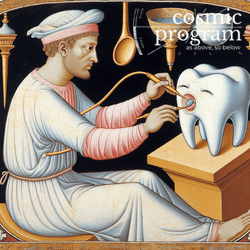


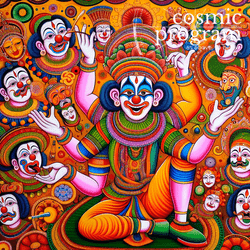



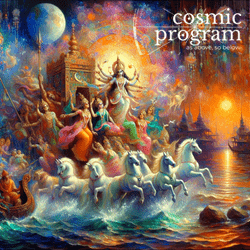
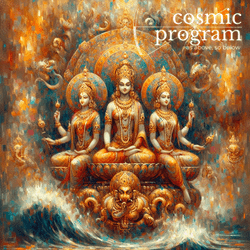
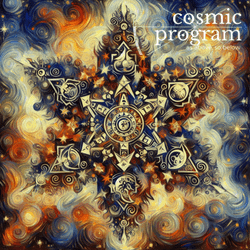
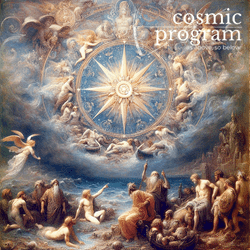
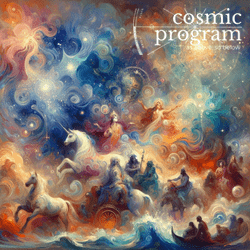
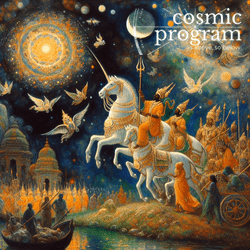
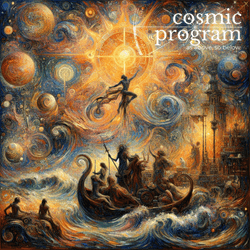
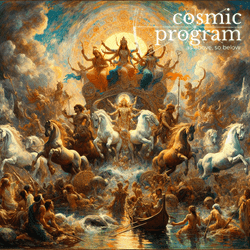
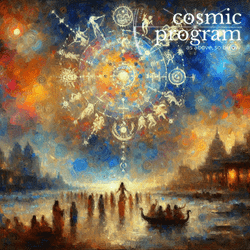
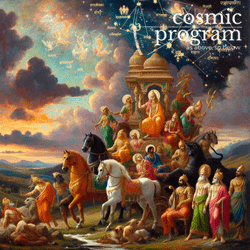


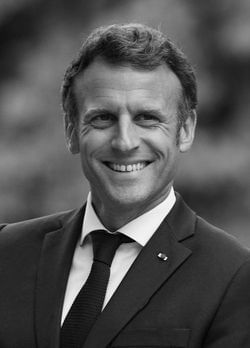
.jpg?bossToken=aad8b16d54c054e304a8039c1753dd8d23e0ec6b3d22bcb7d61c80efa2886fa0)
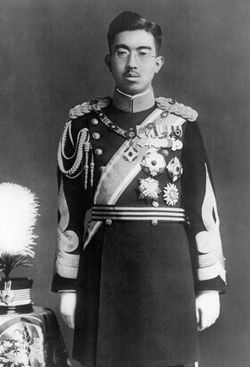
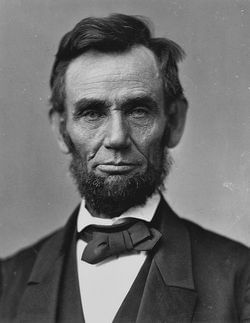
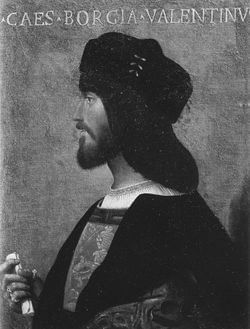
_(cropped)_(3-to-4_aspect_ratio).jpg?bossToken=cbc9a35de7e088eb67390c9e5c3f6a6164be0fe9589fecc6daae4af9e6bf2d92)
